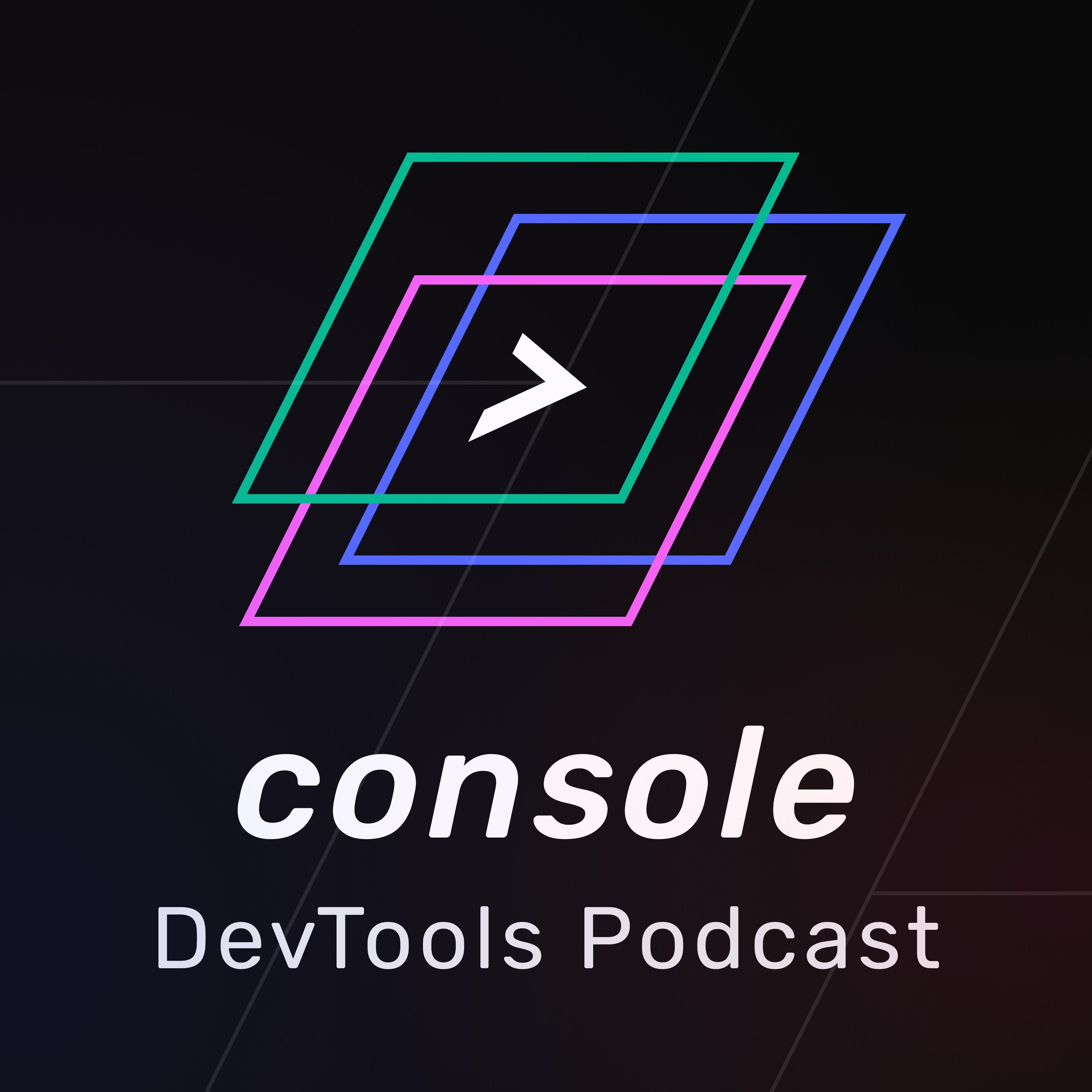
Cloud infra, with Kurt Mackey (Fly.io) - S04E11

Console DevTools
Deep Dive
Shownotes Transcript
In this episode, we speak with Kurt Mackey), CEO of Fly.io). We discuss what it's like running physical servers in data centers around the world, why they didn't build on top of the cloud, and what the philosophy is behind the focus on pure compute, networking, and storage primitives. Kurt sheds light on the regions where Fly.io is most popular, why they’re adding GPUs, and the technology that makes it all work behind the scenes.
Hosted by David Mytton) (Console)) and Jean Yang) (Akita Software)).
Things mentioned:
- Ars Technica)
- Y Combinator)
- MongoHQ)
- ServerCentral (now Deft))
- MiamiNAP)
- AWS)
- The Everything Store)
- Vercel)
- Simon Willison)
- Django dataset)
- ChatGPT)
- Nvidia)
- Firecracker VM)
- Nomad)
- Phoenix)
- LiteFS)
- SQLite)
- Hacker News)
- Elixir)
- Deno Fresh)
- Remix)
- M2 MacBook Air )
- Nvidia A100 GPU)
ABOUT KURT MACKEY
Kurt Mackey is the CEO of Fly.io), a company that deploys app servers close to your users for running full-stack applications and databases all over the world without any DevOps. He began his career as a tech writer for Ars Technica) and learned about databases while building a small retail PHP app. He went to Y Combinator in 2011 where he joined a company called MongoHQ (now Compose)) that hosted Mongo databases which he sold to IBM, before turning his attention to building Fly.io.
Highlights:
**[Kurt Mackey]: **The original thesis for this company was there's not really any good CDNs for developers. If you could crack that, it'd be very cool. The first thing we needed was servers in a bunch of places and a way to route traffic to them. What we wanted was AnyCast, which is kind of a part of the core internet routing technology. What it does is it offloads getting a packet to probably the closest server, to the internet backbones almost. You couldn't actually do AnyCast on top of the public cloud at that point. I think you can on top of AWS now. So we were sort of forced to figure out how to get our IPs, we were sort of forced into physical servers for that reason. For a couple of years, it felt like we got deeply unlucky because we had to do physical servers. You’d talk to investors, and they'd be like, “Why aren’t you just running on the public cloud and then saving money later?” Then last year, that flipped. Now, we're very interesting because we don't run on the public clouds.
— [0:11:14 - 0:12:03]
**[Kurt Mackey]: **I think there's another thing that we've probably all reckoned with since 2011; a lot of the abstractions were wrong. As the front end got more powerful, I think we tried a lot of different things for— and what we ended up doing was inflicting this weird distributed systems problem on frontend developers. So I think that, in some ways, we just have the luxury of ignoring a lot of things that people have been trying to figure out for 10 years because we probably think that's wrong at this point. So we happen to be doing well at a time when server-side rendering is all the rage in a front-end community, which is perfect for us and nobody really cares about shipping static files around in the same way. I think it's just evolutionary. We kind of have a different idea of what's right now and can do simpler things and then we'll probably get big and complicated in 10 years and be in the same situation again.
— **[0:18:25 - 0:19:11]**Let us know what you think on Twitter:
https://twitter.com/consoledotdev)
https://twitter.com/davidmytton)
Or by email: [email protected]
About Console
Console is the place developers go to find the best tools. Our weekly newsletter picks out the most interesting tools and new releases. We keep track of everything - dev tools, devops, cloud, and APIs - so you don’t have to.
Sign up for free at: https://console.dev)